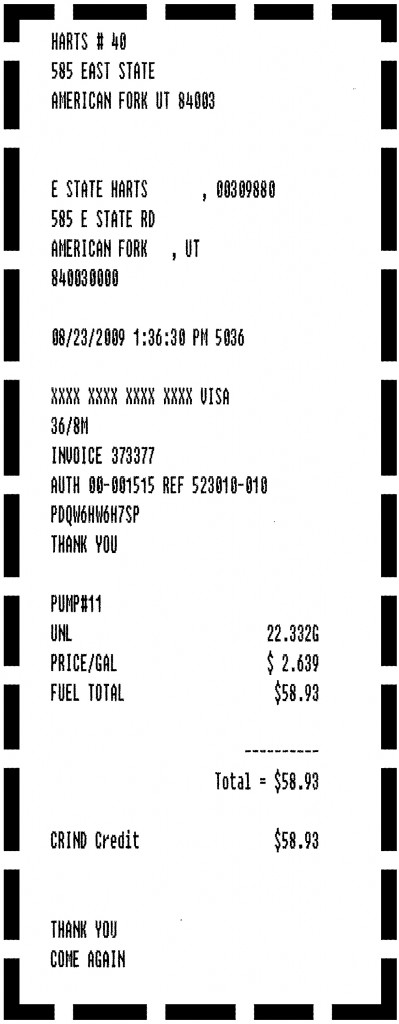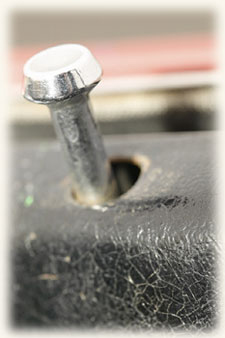
I’ve been noticing more and more lately the “empty” words and phrases in advertising. Of course, the very fact that it’s in advertising makes it suspect…they’re trying to get our money so a dose of skepticism and buyer-beware attitude is just smart. And I know they’ve always been there, but maybe I’ve been bored lately and paying closer attention.
When we speak we often make grammar errors or say things that we later realize were wrong or of incorrect style or just silly. Print is a different thing in my opinion. Especially advertising. Advertising goes past the eyes of many people before it sees the light of day. There are more opportunities for questions to be asked, for modifications to be made and for the message and meaning to be analyzed.
A word that has caught my interest lately is “certified”. You can buy a “certified” used car and you can buy it from a “certified” sales professional/sales consultant/customer service representative/High Priest. Plants are “certified” to grow and thrive. Sellers “certify” their products.
What does all this mean? What body is doing all of this certification? Or are they being really extra-super sly and just saying they gave these people and products a “certificate” — a piece of paper with some decal on it — and that makes for a certification? I suppose in court that would pass muster, but they’re messing with us and we know it. I don’t like to be messed with.
If someone is a Microsoft Certified Server Administrator that means something. They studied/took classes and passed a standard test that everyone with that certification must pass. There’s a testing body that administers the testing and holds people to a standard.
But if you are a “certified used car salesperson”…what school did you go to? What training did you take? What independent organization tested your knowledge of the subject and bestowed your certification? Or was it sales manager Bobby explaining to you where the keys to the cars are kept and what margin to shoot for and what your commission will be and how to play with the numbers of a prospect’s trade-in? Was that the certification process? Or was there really NO certification process at all and the people making the commercials just threw out the word because it sounds official and comforting?
I fear it is the latter.
I’ve never seen schools advertised where I could get all of these certifications. If I wanted to pursue a new career selling home electronics and I wanted to be a “certified home electronics specialist”, what community college offers that training? Where are the tests administered? How much do they cost? For how long is the certification valid?
I suspect it’s all a lot of hooey.
And if those begonias are somehow taking a test and being certified I want to see that! I can’t figure out how their branches can hold onto a Number-2 pencil in order to complete the test….



